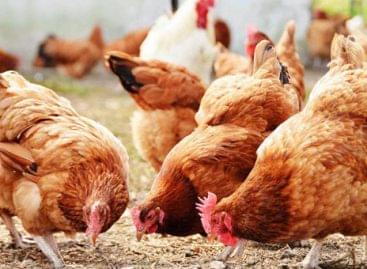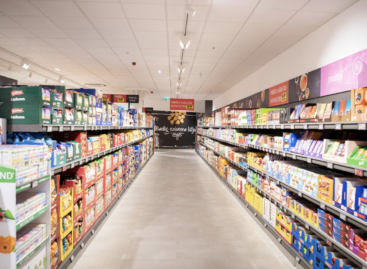Food nationalism continues to dent global trade as 1 in 6 food items remain restricted
Food trade curbs appeared to have been dealt a mighty blow after the momentous deals reached three weeks ago at the World Trade Organization Geneva summit. However, the International Food Policy Institute (IFPRI) has unveiled that 17.22% of the international food market trade calories have been this year under export bans, higher tariffs or other trade barriers – with many of these restrictions still being in place.

Food nationalism continues to dent global trade as 1 in 6 food items remain restricted
The countries damaging the free trade the most are Russia (10.8% of the world traded Kcal under trade restrictions), followed by Turkey (9.5%) and Argentina (7.1%), according to IFRI.
The amount of restricted traded food is still lower than during the 2008 Food Price Crisis when 18.69% of the food market was restricted.
India restricts flour exports
In another move to exert stronger governmental control on its food trade, the Directorate General of Foreign Trade of India has decided that flour exports have to be approved by authorities before being able to leave the countries’ ports.
With this restriction, wheat flour, maida and semolina exports will be curbed.
Indonesia ban a warning for hot-headed politicians
Numbers from IFPRI detail that the three-week Indonesia palm oil export ban had the largest monetary effect of any food export ban implemented since the Ukraine War started, with US$19.02 billion of produce being restricted.
With 54.7% of the global calories of palm oil affected, it shook the vegetable oil market, where prices almost doubled in a couple of months.
Indonesia ban a warning for hot-headed politicians
Numbers from IFPRI detail that the three-week Indonesia palm oil export ban had the largest monetary effect of any food export ban implemented since the Ukraine War started, with US$19.02 billion of produce being restricted.
With 54.7% of the global calories of palm oil affected, it shook the vegetable oil market, where prices almost doubled in a couple of months.
Malaysia boosts its chicken data
Meanwhile, the government of Malaysia is looking to improve the competitiveness of its chicken market through data-driven investment decisions.
Almost half of Malaysia’s poultry businesses registered losses in 2021 and 2022 (178 out of 402). The country has halted its chicken exports to safeguard its domestic supply and control prices, a move that has left producers out of profitable markets.
Related news
Poultry meat imports fell in 2025
🎧 Hallgasd a cikket: Lejátszás Szünet Folytatás Leállítás Nyelv: Auto…
Read more >Another price reduction at PENNY
🎧 Hallgasd a cikket: Lejátszás Szünet Folytatás Leállítás Nyelv: Auto…
Read more >Related news
Innovations, success stories and awards on the same stage
🎧 Hallgasd a cikket: Lejátszás Szünet Folytatás Leállítás Nyelv: Auto…
Read more >Farewell day at the 60th anniversary EuroShop trade fair
🎧 Hallgasd a cikket: Lejátszás Szünet Folytatás Leállítás Nyelv: Auto…
Read more >








